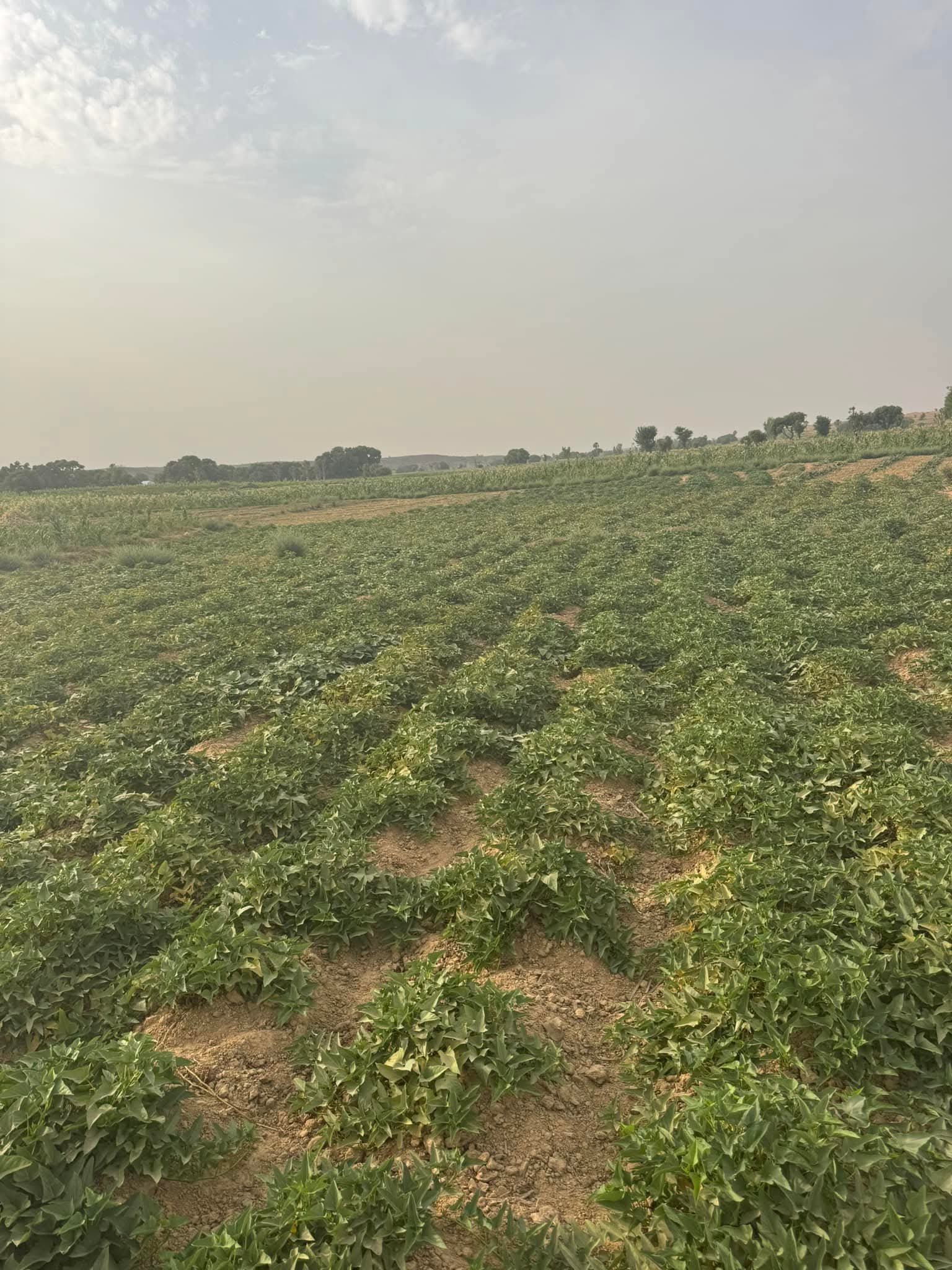How Flood Disaster Became a Blessing for Kebbi Farmers
…And Dr Idris’s National intervention model
By: Yakubu Ahmed BK
The floods that struck last year were among the most devastating ever witnessed by farmers across Nigeria. The monumental losses incurred had raised serious concerns regarding food security, prompting fears of potential famine.
Kebbi State, primarily agrarian, experienced unprecedented destruction. The floodwaters ravaged food crops, livestock, residences, and road infrastructure including bridges alike. With agriculture being the backbone of the state’s economy, such significant losses during the wet season left a profound economic impact, sending ripples of food insecurity across the state and beyond.
When the deluge submerged fields and wrecked crops, many farmers faced a crisis of confidence, convinced they had lost everything and are bound to be in perpetual penury as a result. In the aftermath, the pressing question lingered: how could their losses be mitigated, and what measures could be initiated to avert a looming food shortage?
In response, Governor Nasir Idris of Kebbi State devised an innovative approach, commissioning his Agricultural Ministry team to explore its viability. This initiative ultimately morphed into a national model named Residual Moisture Crop Production (RMCP), transforming adversity into opportunity. The concept centered around planting early maturing crop varieties like cassava, sweet potatoes and maize in moisture the soil left behind once floodwaters receded.
A specially vitamin A and orange flesh fortified potato vines aimed at developing the IQ of children onwards was to be distributed to farmers, but first, Governor Idris emphasized the importance of gauging farmers’ openness to the idea. Outreach efforts were undertaken to connect with those affected by the flooding, and through informative sessions, farmers widely embraced the proposal.
At this stage, the Governor decided that a memorandum on this model be submitted to the National Council on Agriculture for it to be shared and encapsulated nationwide as a mitigating factor and the NCA adopted and approved for the federal Ministry of Agriculture to come up with a strategic plan for residual moisture crop production.
Across the 21 local government areas of Kebbi, 18,000 farmers expressed interest in the pilot program, and seeds were allocated to them. When the floodwaters finally receded in November, these farmers were mobilized and assisted in planting the resilient crops. The results were remarkable; the initiative flourished in every affected local community. With ongoing government support, including fertilizer provision, the prospects for a robust yield remained promising.
According to reports from the Kebbi State Ministry of Agriculture, an impressive 20,000 hectares are now poised for harvest, with some areas already yielding positive results.
Today I joined the Commissioner of Agriculture Kebbi state Alhaji Shehu Muazu on a tour of some of the areas where this initiative had been accepted and implemented and the result was just astounding and awesome.
In Raha, Bunza local government; Bahindi in Bagudo local government; Mayalo in Maiyama local government and in some farmlands in Birnin Kebbi, we were heralded by a success story of the emergence of a new food chain that has been added to the rice chain which Kebbi has become known for.
Every location where these crops have been planted, it is a complete success story of farmers counting potential gains and resolving to key it into their local crops to be planted each irrigation farming.
The strategy of converting hardship into harvest has emerged not just as a local success story, but as a model for the nation. Rather than dwelling on despair stemming from the flood disaster, Kebbi farmers are now positioned to reclaim their livelihoods and achieve bountiful returns from what nature once took away.
This transformative initiative illustrates the power of innovative thinking in overcoming poverty, hunger, and adversity.
One thing is certain out of this happy story and that is: Nasir Idris is becoming a national asset and emerging as one of the progressive thinkers for national development.
Yakubu Ahmed BK is the Commissioner of Information and Culture Kebbi State.





